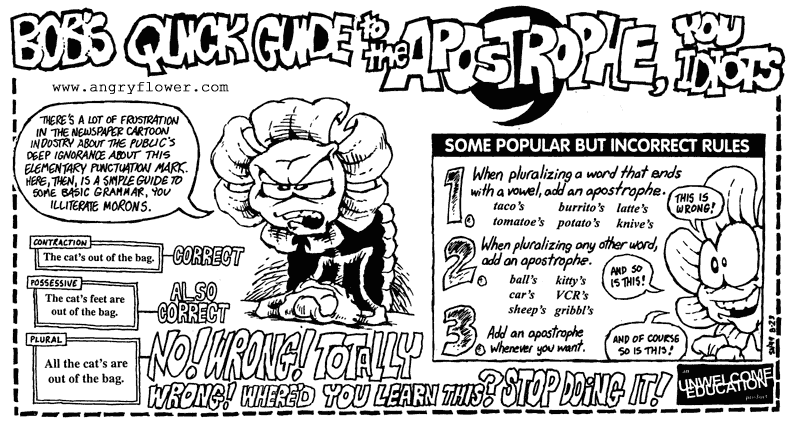Karl Kao, "Review: Recent Studies of Chinese Rhetoric,"
Chinese Literature: Essays, Articles, Reviews (CLEAR), Vol. 15 (Dec., 1993), pp. 143-154
Analogy, as the predominant form of reasoning in Chinese, is in fact also fundamental to its literary xiuci; it also underlies the operation of some of the most important Chinese rhetorical devices, for instance, bi and xing and the shilei allusion. The common and divergent features such as the above are the markers of cultural traits themselves or attributes that could be further analyzed for their differentiating values in identifying cultural character.
Regarding specifically the making of argumentation in speech, Aristotle's scheme conceives of three kinds of 'artistic proofs': ethos, pathos and logos. If logos, or logical proofs, receives the most extensive consideration in Greek rhetoric, Chinese practice seems to be more preoccupied with the power relationship in a persuasion and places the greatest emphasis on the factor of pathos,or the hearer's psychology. There the object of persuasion, the addressee, is normally the monarch of a state or an otherwise politically powerful personage; the persuader must therefore be extremely careful not to 'rub him/her the wrong way,' not to touch the nilin 逆鳞, the irritable 'inverted scale' of the human dragon. The art consists in subtly manipulating the ego of the auditor, sometimes reversing the power relation without appearing to do so. The factor of ethos, or proofs of the speaker's good character, in an extended context concerns the ethical question of rhetoric in general. Quintilian's "good man" theory, or Isocrates' stress on the importance of the moral character of the orator, could be seen as comparable to the Chinese concern as expressed in the dictum from the Yijing: "Xiuci li qi cheng" 修辞立其诚 (often understood as "polished expressions are to be based on sincerity" or "polishing the expressions in order to establish one's sincerity," although Kong Yingda interprets it differently).
The parallel couplet however is a binary system which, as critics have pointed out, is related to typical Chinese correlative thinking; it reinforces certain meaning associations and represses or excludes others in order to corroborate with and enhance the values of the imperial system. Similarly, the fact that the evocative xing mode has taken precedence over the metaphoric bi seems deterministic of the character of Chinese literature; it makes Chinese poetry different from that of the West which is grounded in a metaphoric principle. The seemingly open-ended way of signification of the xing analogy again has been found to be an effect of the correlative cosmology or the 'organic' Chinese world view associated with the imperial order. Part of the aim of a 'deconstructive' reading, as an effort in cultural criticism, would be to examine the reasons for the privileging of these figures and expose their hidden ideological implications.
The post-structuralist theory also emphasizes the autonomous operation of rhetoricity and its destabilizing effect, seeing rhetoricity as inherent in language and capable of generating a centrifigual force in contradiction to the explicit intent of the text. This position is most succinctly expressed in de Man's conception of rhetoric, equatable with literature itself, as something that "radically suspends logic and opens up vertiginous possibilities of referential aberration" (Allegories of Reading, 1979, p. 10). From this perspective, rhetoric is seen as a system in opposition to logic and grammar, working often at cross purposes with them, and thus could disrupt the unity of the text and lead to an indeterminacy of meaning. A rhetorical reading of a text along this line would need to trace and delineate such conflicting tendencies of the structuring systems and their associated values. Since neither grammar nor logic is well defined in the Chinese tradition, a preliminary step to such a reading is to determine the specific features of these or some other structuring systems against which rhetoric might collide (or collude).

